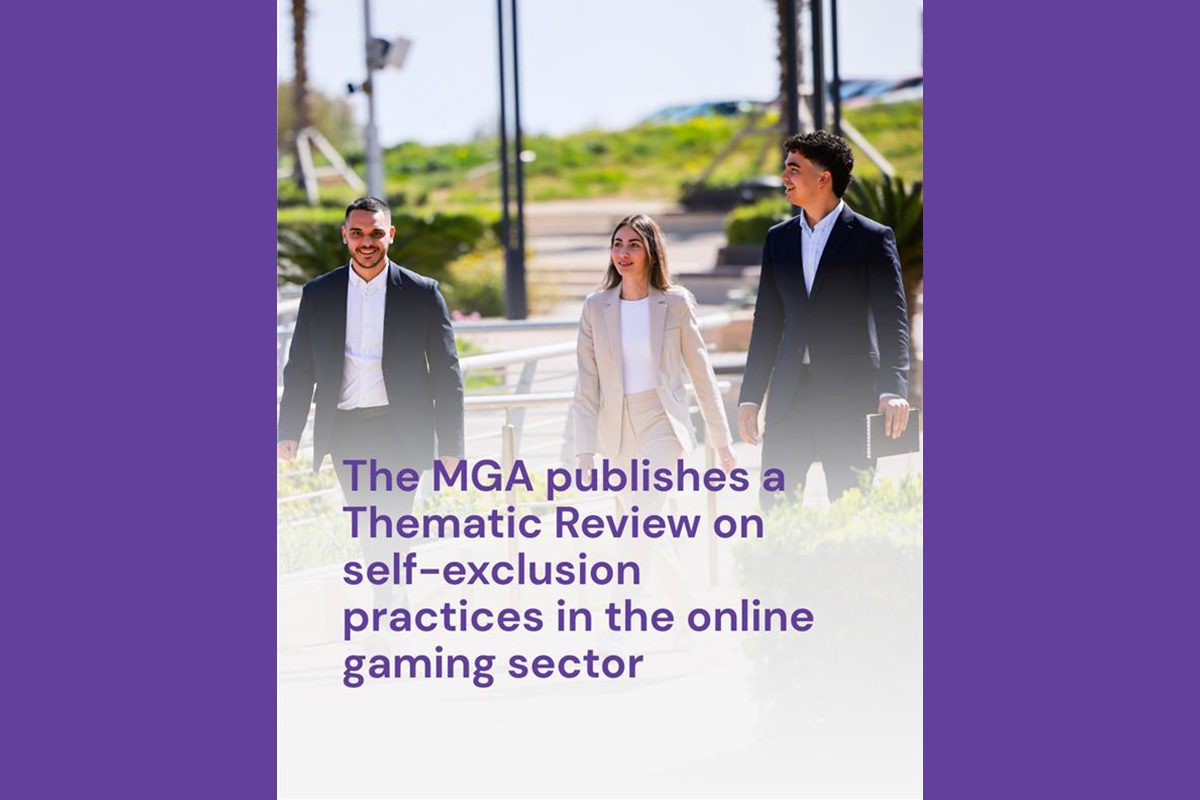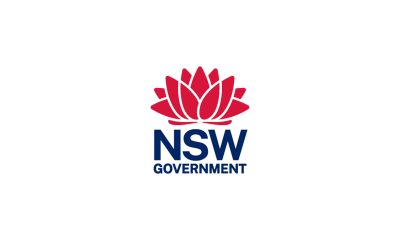Compliance Updates
Exclusive Commentary from Vixio On Their AML Outlook Findings

Your recent AML Outlook report highlights over €36 million in fines issued across Europe in just one year. What recurring weaknesses or compliance gaps are regulators most commonly identifying in payments and e-money firms?
John Gidla (JG): Regulators continue to flag underinvestment in anti-financial crime controls as a key concern for payments and e-money firms. Common themes include weak governance, limited oversight, and fragmented controls, all of which increase vulnerability to financial crime. There’s a growing expectation that firms scale their compliance frameworks in line with their risk exposure and growth trajectory
The report mentions that AML compliance can be costly—yet the reputational and financial risks of non-compliance are even greater. What are the most cost-effective measures firms can implement today to strengthen their AML frameworks without overwhelming their budgets?
JG: While not all firms can afford advanced compliance tools, strong governance remains one of the most cost-effective ways to reduce risk. Practical steps such as training staff on emerging threats, embedding a culture of accountability, and regularly updating frameworks as the business grows can go a long way in strengthening AML resilience without major spend.
With the creation of the EU’s new AMLA authority, do you expect a more consistent and centralized enforcement approach across Europe? How might this change how firms prepare for inspections and adapt their compliance strategies?
JG: AMLA has the potential to bring greater consistency to AML enforcement across the EU, addressing long-standing issues caused by fragmented supervision and uneven implementation by national authorities. Its impact will depend on how much direct oversight it gains, how assertively it acts on cross-border risks, and whether it can close the regulatory gaps that have permitted high-profile scandals. Firms should expect more rigorous and standardised inspections and will need to ensure their compliance programmes are not only locally robust, but scalable across jurisdictions.
Vixio emphasizes the importance of a proactive rather than reactive compliance culture. In your view, what does a ‘proactive’ AML strategy look like in 2025, and what technologies or best practices are leading firms adopting to stay ahead?
JG: A truly proactive AML strategy in 2025 extends beyond technology to encompass a strong compliance culture at every level of the organisation. Leading firms understand that combating financial crime isn’t just the responsibility of the compliance team — it’s integrated into day-to-day operations, with senior leadership driving risk awareness across departments. In terms of technology, firms are increasingly adopting AI, machine learning, and automated monitoring systems to detect suspicious activity early and reduce human error. However, culture plays a critical role; firms that foster a compliance-first mindset and invest in ongoing staff training are better positioned to adapt to emerging threats and ensure that their compliance frameworks evolve in step with business growth and digital transformation. A proactive approach also means constantly reassessing risk and using data to predict and prevent issues, rather than just reacting to them. With regulations in constant flux, and regulators ramping up enforcement, proactive compliance looks like implementing strategies to anticipate regulations, not just react to them. In Vixio’s PC Outlook Report, we found that a clear majority of firms surveyed are using some form of outsourcing for their compliance functionality, turning to firms like Vixio to get ahead of regulatory change.
Thanks to John Gidla, Head of Payments Compliance at Vixio, for his insightful responses.
The post Exclusive Commentary from Vixio On Their AML Outlook Findings appeared first on European Gaming Industry News.
Compliance Updates
MGA Publishes Results of Thematic Review on Self-exclusion Practices in Online Gaming Sector

The Malta Gaming Authority (MGA) has published the results of a Thematic Review on how online B2C licensees implement self‑exclusion and other responsible gambling safeguards. The Review sought to identify any systemic weaknesses and clarify regulatory expectations relating to player protection, highlighting areas performing well as well as opportunities for licensees to strengthen their practices.
The Review was carried out in 2025 following reports that some players were able to access multiple brands despite being self‑excluded due to problem gambling. It examined the real‑world performance of player protection tools across 20 licensees and 58 active URLs. A mystery shopping exercise assessed the effectiveness of self‑exclusion processes, cross‑brand account controls, and the presentation of responsible gambling protections at key points of play.
The findings presented in this document reaffirm the Authority’s ongoing commitment to safeguarding players and upholding the integrity of the online gaming sector. Overall, the Thematic Review indicates a positive level of compliance, with the majority of licensees assessed demonstrating practices that are broadly in line with regulatory expectations. At the same time, the Review highlights opportunities for further strengthening player protection measures across the sector.
The assessment outlines the specific areas where enhancements would be beneficial. These include delays in activating self‑exclusion, instances where exclusions were lifted without applying a mandatory cooling‑off period, challenges in detecting duplicate or closely matching player identity details across brands, the absence of limit‑setting prompts during registration, and incomplete information displayed within Reality Check pop‑ups. Together, these findings provide guidance where systems and processes can be enhanced to ensure player protection measures operate as intended.
The Authority has communicated the findings to the relevant licensees, each of whom has been asked to address the points raised and submit rectification plans. Follow‑up supervisory engagement will continue where necessary, including monitoring the implementation of corrective actions. This work forms part of the Authority’s broader risk‑based oversight approach, aimed at promoting higher and more consistent standards of player protection across the sector.
Through this Guidance Document, the Authority encourages all licensees to use the insights from this Review to reinforce their internal frameworks, enhance their responsible gambling controls, and continue contributing to a safer and more sustainable gaming environment.
The post MGA Publishes Results of Thematic Review on Self-exclusion Practices in Online Gaming Sector appeared first on Eastern European Gaming | Global iGaming & Tech Intelligence Hub.
Adventure One QSS
Dutch Gambling Authority Imposes Penalty on Adventure One QSS for Illegal Gambling

The Netherlands Gambling Authority (KSA) has imposed a penalty on Adventure One QSS Inc. for illegal gambling. Adventure One offers games of chance on the Dutch market under the Polymarket brand name, without a license. The KSA has called on Polymarket to cease its activities immediately. If it fails to do so, the company will be fined €420,000 per week, with a maximum of €840,000.
Polymarket has been frequently in the news in recent months, particularly regarding betting on the Dutch elections. Although Polymarket itself states that prediction markets do not fall under the category of gambling, the Netherlands Gambling Authority (KSA) has taken a different stance. After contacting the company about its illegal activities on the Dutch market, there has been no visible change, and the offering remains available. The Netherlands Gambling Authority therefore imposed this order, subject to a penalty. A turnover-related fine may also be imposed at a later date.
Ella Seijsener, director of licensing and supervision at the Netherlands Gambling Authority (KSA), said: “Prediction markets are on the rise, including in the Netherlands. These types of companies offer bets that are not permitted in our market under any circumstances, not even by license holders. Besides the social risks of these kinds of predictions (for example, the potential influence on elections), we conclude that this constitutes illegal gambling. Anyone without a KSA license has no business in our market. This also applies to these new gambling platforms.”
The post Dutch Gambling Authority Imposes Penalty on Adventure One QSS for Illegal Gambling appeared first on Eastern European Gaming | Global iGaming & Tech Intelligence Hub.
Brais Pena Chief Strategy Officer at Easygo
Stake Goes Live in Denmark Following Five-Year Licence Approval

Stake, the largest online casino and sportsbook globally, today proclaims its official entry into Denmark after obtaining a five-year online casino and sports betting license. The shift reinforces Stake’s enduring dedication to enhancing its global growth strategy.
Denmark is often seen as a regulatory success within the European online gambling scene, and Stake has now introduced its flagship, internationally recognized product to the Danish market. Players will unlock access to Stake’s top-tier casino and sportsbook, showcasing exceptional games, cutting-edge technology, and an exceptional user experience, all provided with a strong local emphasis.
Starting 1 March 2026, Stake Denmark will set up its new headquarters at Parken Stadium, the national football stadium of Denmark and the home ground for FC Copenhagen.
Peter Eugen Clausen, Managing Director at Stake Denmark, said: “Denmark has one of the most well-regulated and competitive gaming markets in Europe, and that’s exactly what makes it so exciting. With Stake’s arrival, Danish players can expect a fresh, world-class experience backed by global scale and strong local focus. We’re raising the bar in terms of product, transparency, and entertainment, and I believe increased competition from brands like Stake will only drive the market forward in a positive way.”
Brais Pena, Chief Strategy Officer at Easygo, the technology company behind Stake, said: “Denmark marks our entry into the Nordics and represents a clear win in one of Europe’s most mature and high-value markets. With each new market, our momentum continues to build as we deliver on our global expansion strategy.”
Since its inception in 2017, Stake has positioned itself as the top betting and gaming brand globally by continually presenting advanced technology and novel gaming experiences for players around the globe. Upon entering Denmark, Stake maintains its dedication to player safety and responsible gaming, guaranteeing that gambling stays enjoyable, secure, and entertaining by providing extensive tools and resources that assist customers in comprehending and monitoring their gambling behavior.
The post Stake Goes Live in Denmark Following Five-Year Licence Approval appeared first on Eastern European Gaming | Global iGaming & Tech Intelligence Hub.
-

 ACMA5 days ago
ACMA5 days agoACMA Blocks More Illegal Online Gambling Websites
-

 Aurimas Šilys5 days ago
Aurimas Šilys5 days agoREEVO Partners with Betsson Lithuania
-

 CEO of GGBET UA Serhii Mishchenko4 days ago
CEO of GGBET UA Serhii Mishchenko4 days agoGGBET UA kicks off the “Keep it GG” promotional campaign
-

 Canada4 days ago
Canada4 days agoRivalry Corp. Announces Significant Reduction in Operations and Evaluation of Strategic Alternatives
-

 Latest News3 days ago
Latest News3 days agoTRUEiGTECH Unveils Enterprise-Grade Prediction Market Platform for Operators
-

 Central Europe5 days ago
Central Europe5 days agoNOVOMATIC Once Again Recognised as an “Austrian Leading Company”
-

 AI4 days ago
AI4 days ago2026 Rewards AI Capability, Not AI Talk – HIPTHER Prague Summit Unveils the Next-Era HIPTHER Academy
-

 Firecracker Frenzy™ Money Toad™4 days ago
Firecracker Frenzy™ Money Toad™4 days agoAncient fortune explodes to life in Greentube’s Firecracker Frenzy™: Money Toad™































